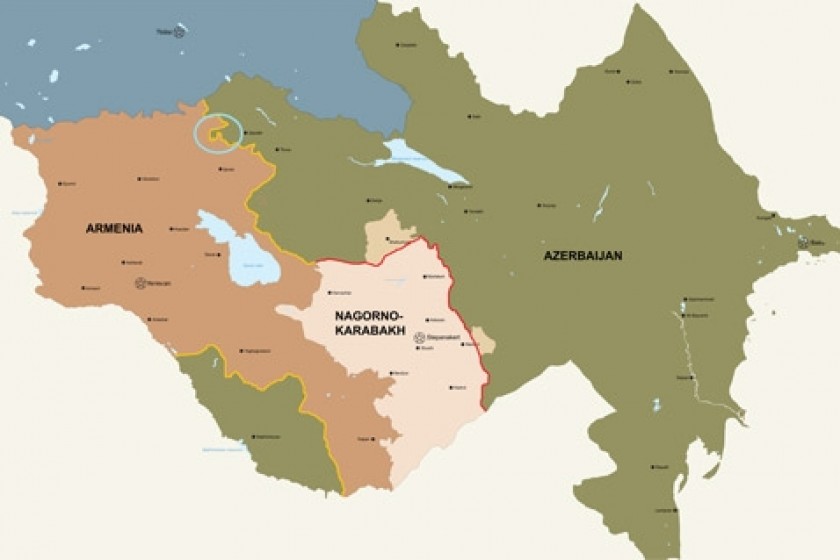
Armenia Can and Should Appeal to UN Security Council Re: Azerbaijani Firing on Tavush
Nareg Seferian
The Republic of Azerbaijan is in clear violation of international law by firing on the Tavush region on Armenia, and the Republic of Armenia, as a subject of international law, is in its full rights to appeal to the UN Security Council on this matter.
The essence of international law lies in the regulation of the use of force between states. Following the horrors of the Second World War, the UN Charter prohibits the use of force by states on other states.
There are two exceptions within that very document. One is the approval of the Security Council. If the SC decides to act in accordance with Chapter VII of the Charter, states can and at times are bound to use force in order to restore international peace.
The second exception is self-defence. But that too can only take place while keeping the SC apprised, “until the Security Council has taken measures necessary to maintain international peace and security” (UN Charter, Article 51).
A third exception has also come to light in the past decade or so, namely humanitarian intervention, when states use force in order to prevent an imminent humanitarian catastrophe – for example, the military actions against Lybia a few years ago. But this issue is yet controversial and it does not play a role in this case.
In this case, there is a clear border between the Republic of Armenia and the Republic of Azerbaijan, a border that is not only recognised internationally, but is likewise accepted by both Yerevan and Baku.
This is not about the Line of Contact between the Nagorno-Karabakh Republic and Azerbaijan. When firings take place across there – very frequently, unfortunately – that can be explained away by an as-yet-unresolved territorial conflict. It would be written off at the UN, in any case, citing an already-existing, internationally-sanctioned process that deals with Nagorno-Karabakh, the OSCE Minsk Group.
But when bullets fly across the international boundaries of the Tavush region of Armenia – which likewise has taken place very frequently lately – that can already be called out as an immediate violation of international law. Following Article 2(4) of the UN Charter, the threat or use of force with regards to the regions of Tavush or Gegharkunik in the Republic of Armenia from the regions of Qazakh, Agstafa, Tovuz, Gadabay, or Dashkasan in the Republic of Azerbaijan is inconsistent with the purposes of the United Nations. The same goes, of course, for the Armenian regions of Ararat, Vayots Dzor, and Syunik, and the Nakhchivan Autonomous Republic exclave of Azerbaijan.
This is the critical distinction between an official border and military positions across a conflict zone. It is perhaps reasonably prudent not to respond in kind in Tavush, in order not to escalate tensions, although that same prudence is lacking in Nagorno-Karabakh. In all events, the Republic of Armenia is in a position and must speak out on this concrete issue at the UN and in other platforms that the international community provides (at the Collective Security Treaty Organisation, for example), in order to guarantee the day-to-day security of the inhabitants of Tavush who live near the border.
 Videos
Videos Photos
Photos




Comments (1)
Write a comment